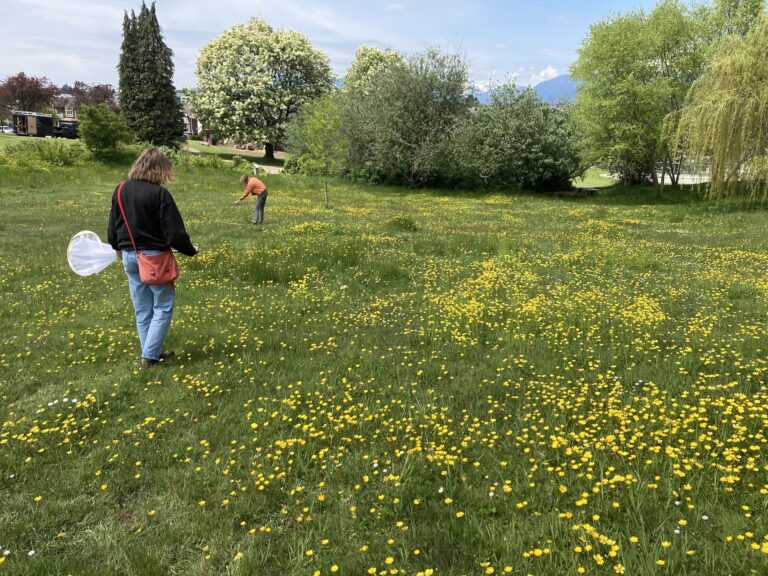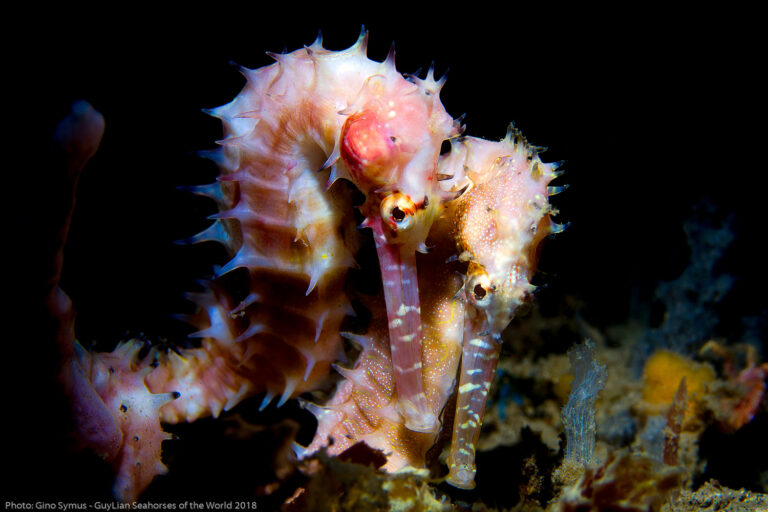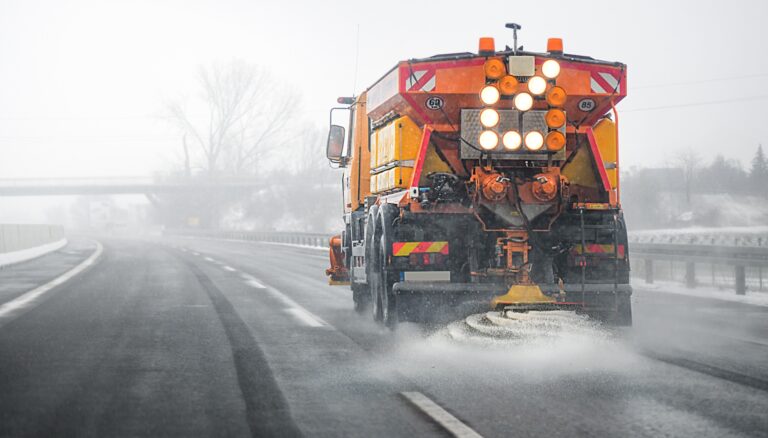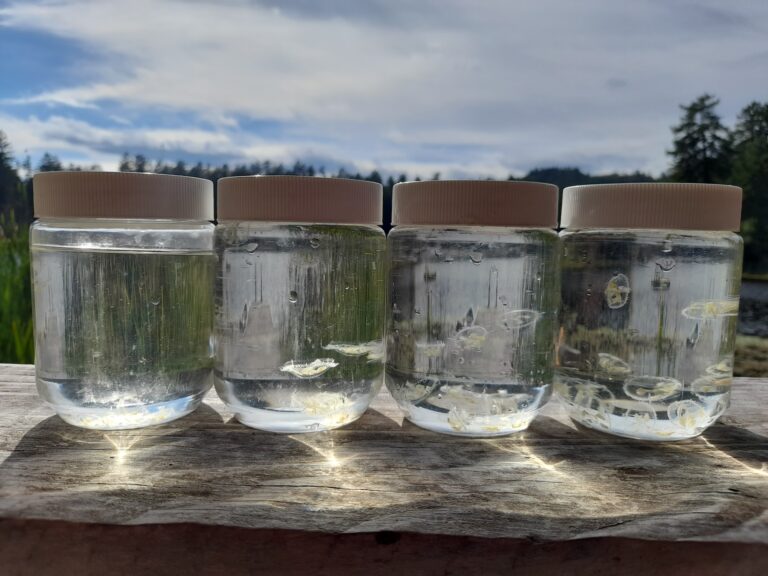Animal Research
-

UBC releases 2024 animal research statistics
This is the 15th consecutive year the university has published the data.
-

A digestive ‘treasure chest’ shows promise for targeted drug treatment in the gut
A new approach to drug design can deliver medicine directly to the gut in mice at significantly lower doses than current inflammatory bowel disease treatments.
-

How ‘parks for bugs’ boost pollinators in Vancouver
A study found that reducing lawn mowing and creating pollinator meadows significantly boosts pollinator diversity, creating healthier and more resilient ecosystems.
-

Why a seahorse should be your dating coach this Valentine’s Day
Even in the face of ongoing threats from habitat damage, seahorses are some of the most dedicated partners in the animal world.
-

Winter road salt could be killing salmon eggs
In this Q&A, zoology master's students Carley Winter and Clare Kilgour discuss their project monitoring the effects of salt levels on coho salmon in streams around Vancouver.
-

Bright ideas for more nature-friendly holiday lights
A faculty of land and food systems researcher discusses these impacts and offers simple tips to make seasonal light displays friendlier to creatures at night.
-

UBC releases 2023 animal research statistics
This is the 14th consecutive year the university has published the data.
-

Drug discovery could prevent spread of childhood bone cancer
The researchers demonstrate that the compound can reduce lung metastasis in mice by over 90 per cent, while also shrinking the primary tumour site.
-

Thousands of jellyfish clones are multiplying in B.C. lakes
The peach blossom jellyfish clones have been spotted in 34 places in B.C., its furthest northern range in North America, and a recent paper predicts sightings and the number of locations will increase by the end of the decade as climate change extends this range.




